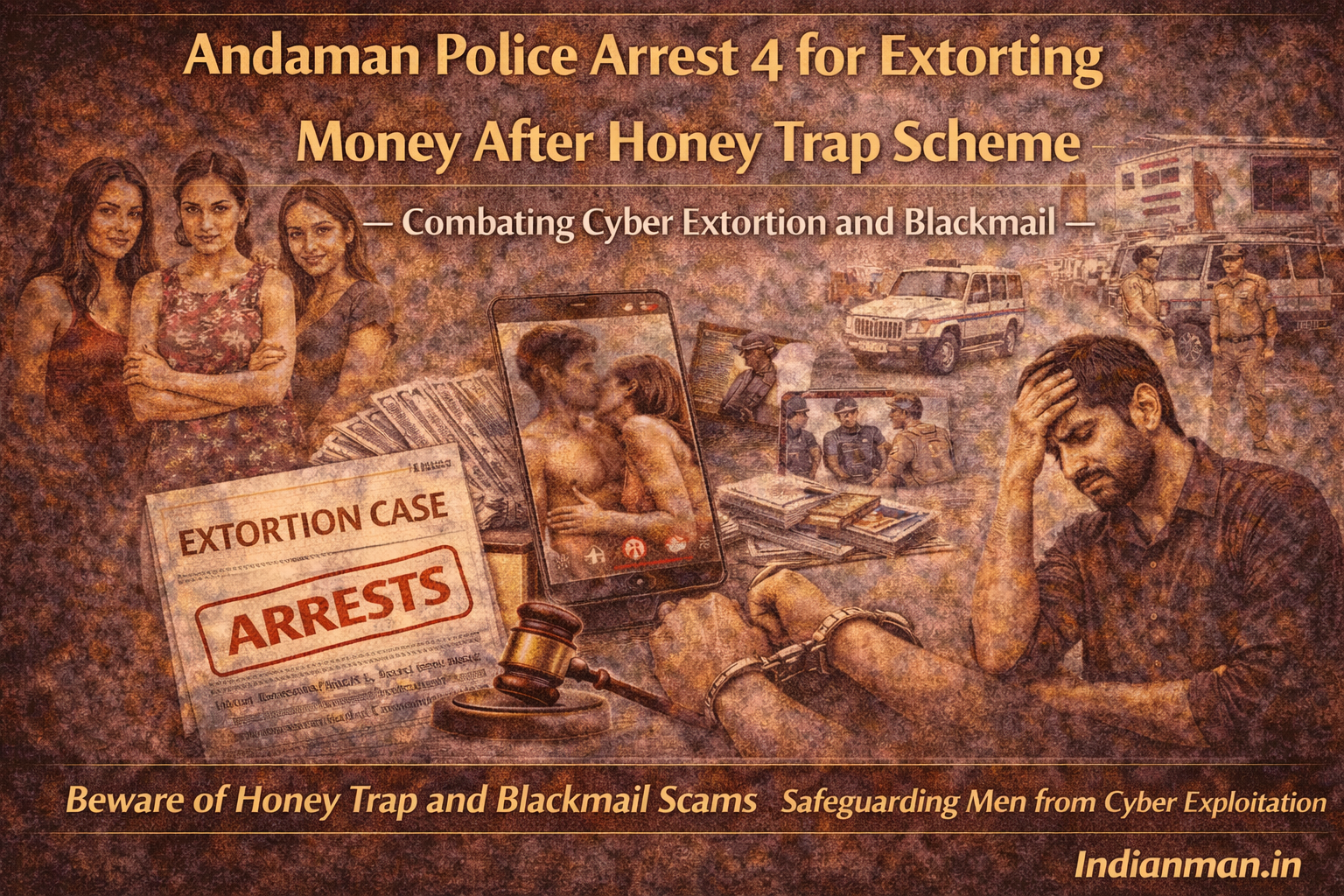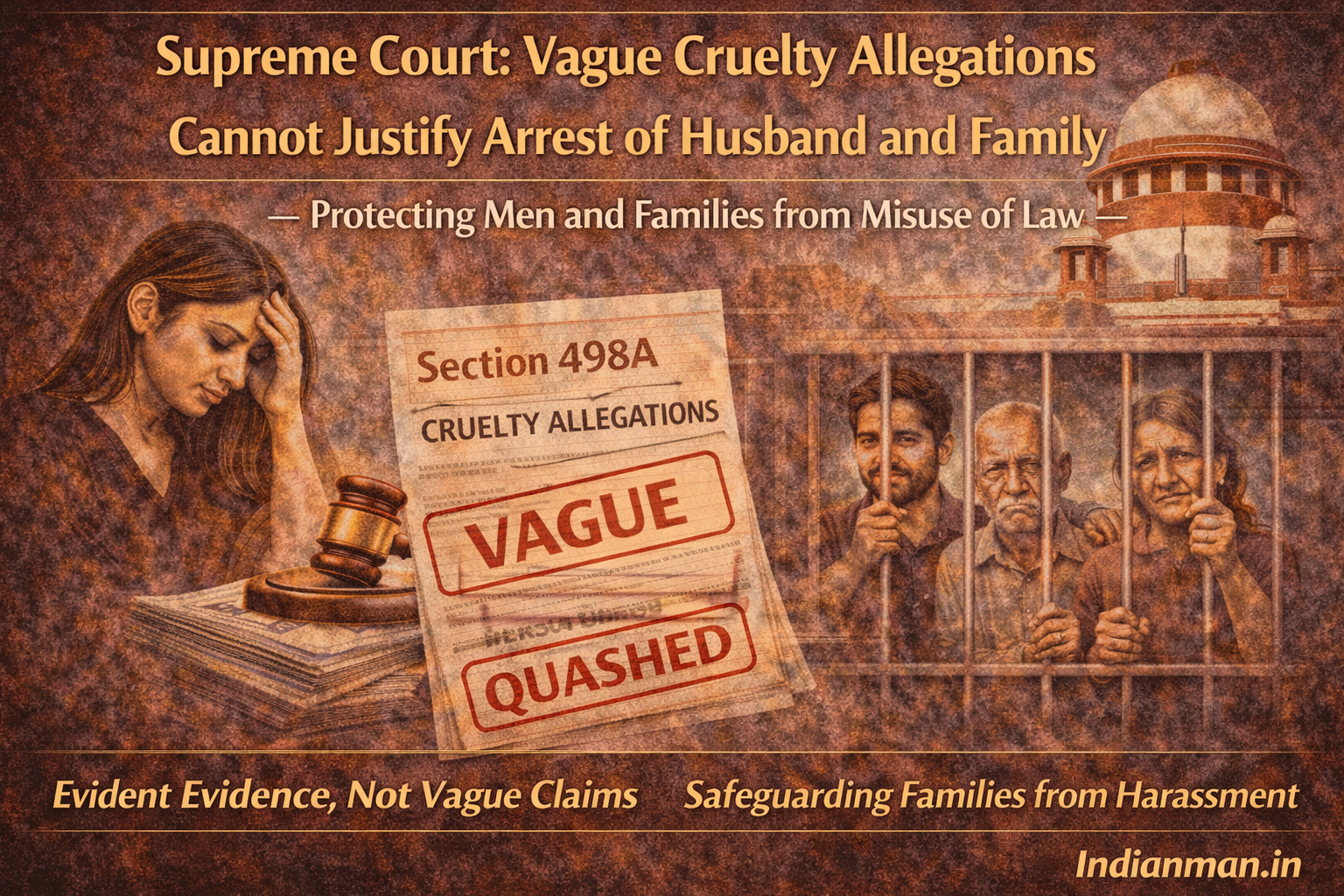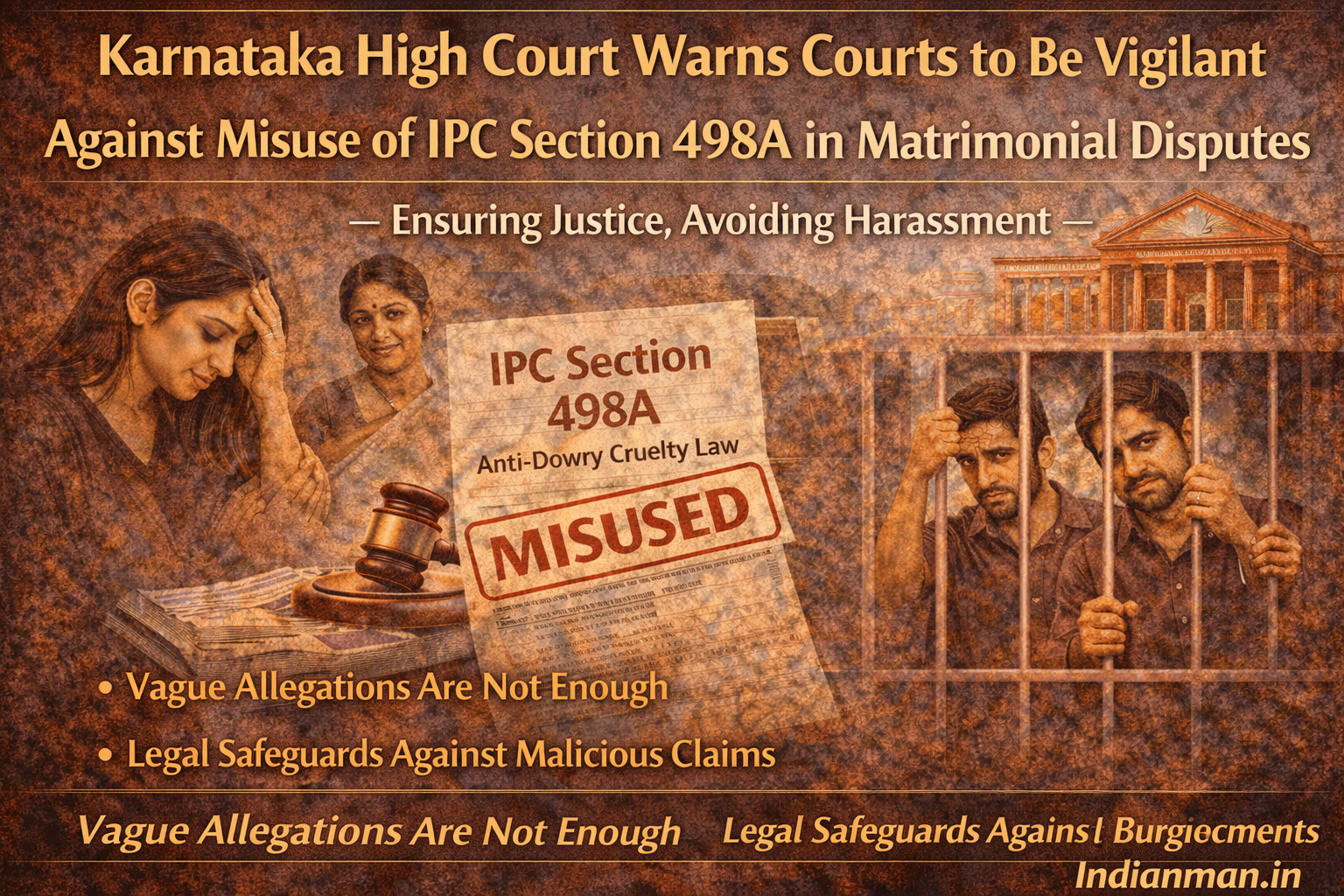Convicted Husband Cannot Claim Dowry Items, Rules Punjab and Haryana High Court
The Punjab and Haryana High Court recently ruled that a husband convicted of murdering his wife cannot claim ownership of dowry items received during their marriage, as per the Dowry Prohibition Act, 1961.
Justice MS Ramachandra Rao and Justice Sukhvinder Kaur delivered this judgment while hearing an appeal by the convicted husband against the state of Punjab and other respondents. He challenged the August 14, 2015, order by the Fazilka Additional Sessions Judge, which mandated that the “stridhan,” including gold ornaments and other items given at the wedding, be returned to the complainant, the father of the deceased woman.
The court noted that the Fazilka Additional Sessions Judge had convicted the husband under Section 302 of the IPC on July 21, 2014, sentencing him to life imprisonment.
The husband’s counsel argued that the trial court’s decision was illegal and against the facts and evidence. He claimed that “stridhan” meant woman’s property, which included gifts she received from her relatives, such as ornaments and dresses.
The state’s counsel countered that the dowry items were given by the complainant during his daughter’s marriage, entitling him to their return after her death.
The court observed that no evidence proving the husband’s ownership of the dowry items was presented. Addressing the argument related to Section 15(1) of the Hindu Succession Act, 1956, the court noted that:
“It contradicts the appellant’s current claim of ownership. By invoking Section 15(1), he implicitly admits he is not the owner.”
The court also referred to Section 6(3) of the Dowry Prohibition Act, 1961, which states that if a woman dies within seven years of marriage due to unnatural causes, her dowry property should be transferred to her parents if she has no children.
Citing precedents from Balbir Singh’s and Mallesha’s cases, where it was ruled that a husband cannot retain dowry items even if acquitted, the court affirmed:
“In this case, the husband was convicted for murdering his wife. Therefore, the order to transfer the dowry items to the complainant is legal and valid.”
This decision reinforces the legal stance that dowry items should be returned to the deceased woman’s family, especially in cases of unnatural death within seven years of marriage, ensuring justice and upholding women’s rights.
Be a part our social media community:
Facebook: https://www.facebook.com/IndianMan.in?mibextid=ZbWKwL
Instagram:
https://www.instagram.com/indianman.in?igsh=MWZ2N3N0ZmpwM3l3cw==




